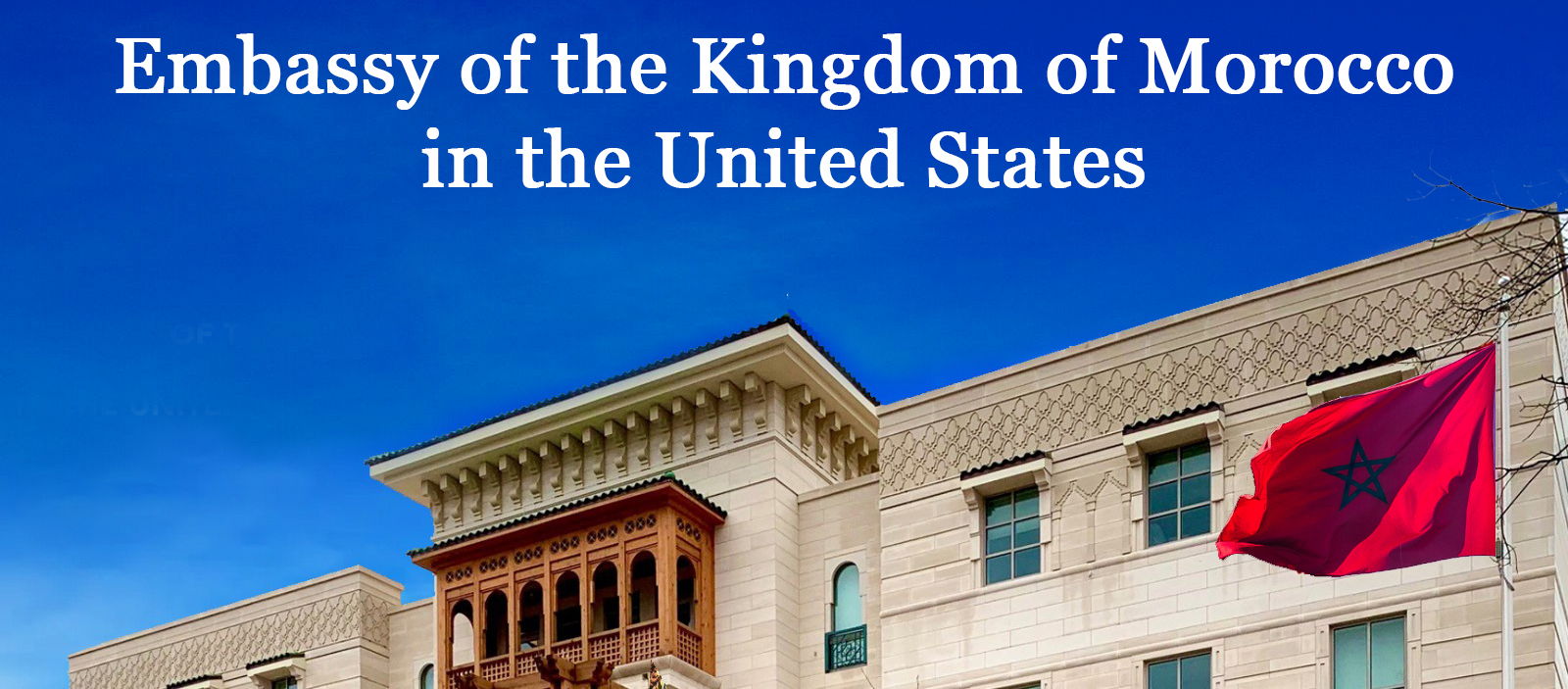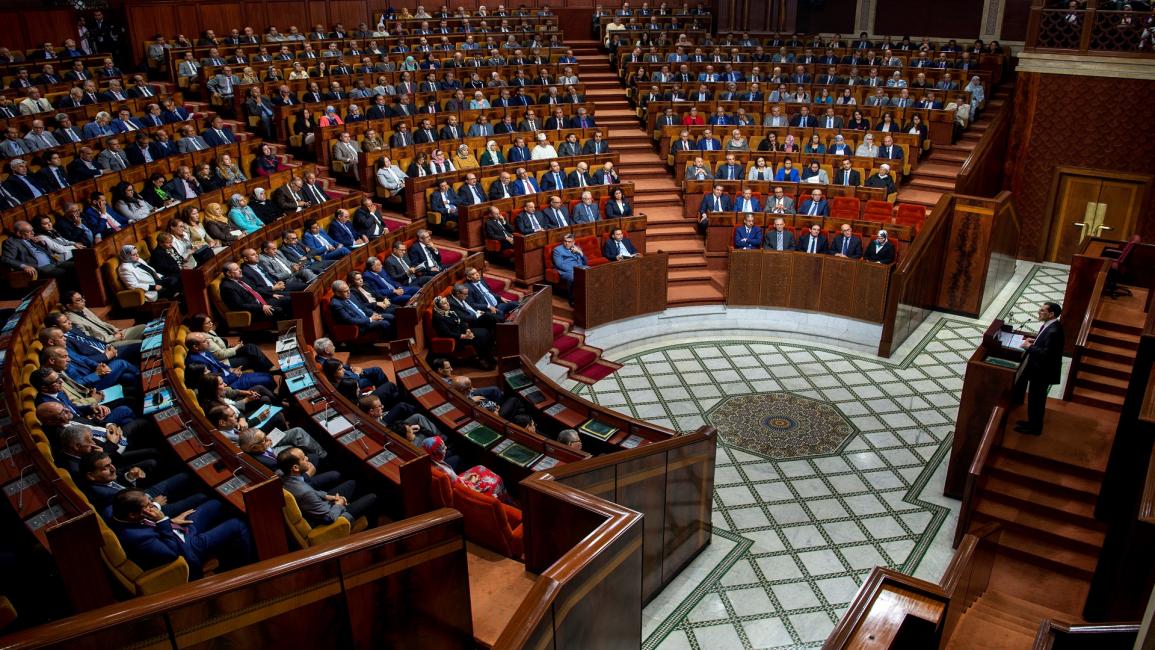- Home
- Embassy
- About Morocco
-
Morocco-US Relationship
Morocco-US Relationship
- Visit Morocco
- Consular Services
- Press & media
- Contact Us

The Political System and the Government of Morocco
The Political System and the Government of Morocco
The political system of the Kingdom of Morocco integrates elements of a constitutional monarchy with democratic principles, underscored by a parliamentary framework and vibrant civil society engagement. Morocco’s unique system of government is characterized by a balance between traditional monarchical authority and modern democratic ideals, nurturing a governance model that harmonizes historical legacy with progressive democratic values.
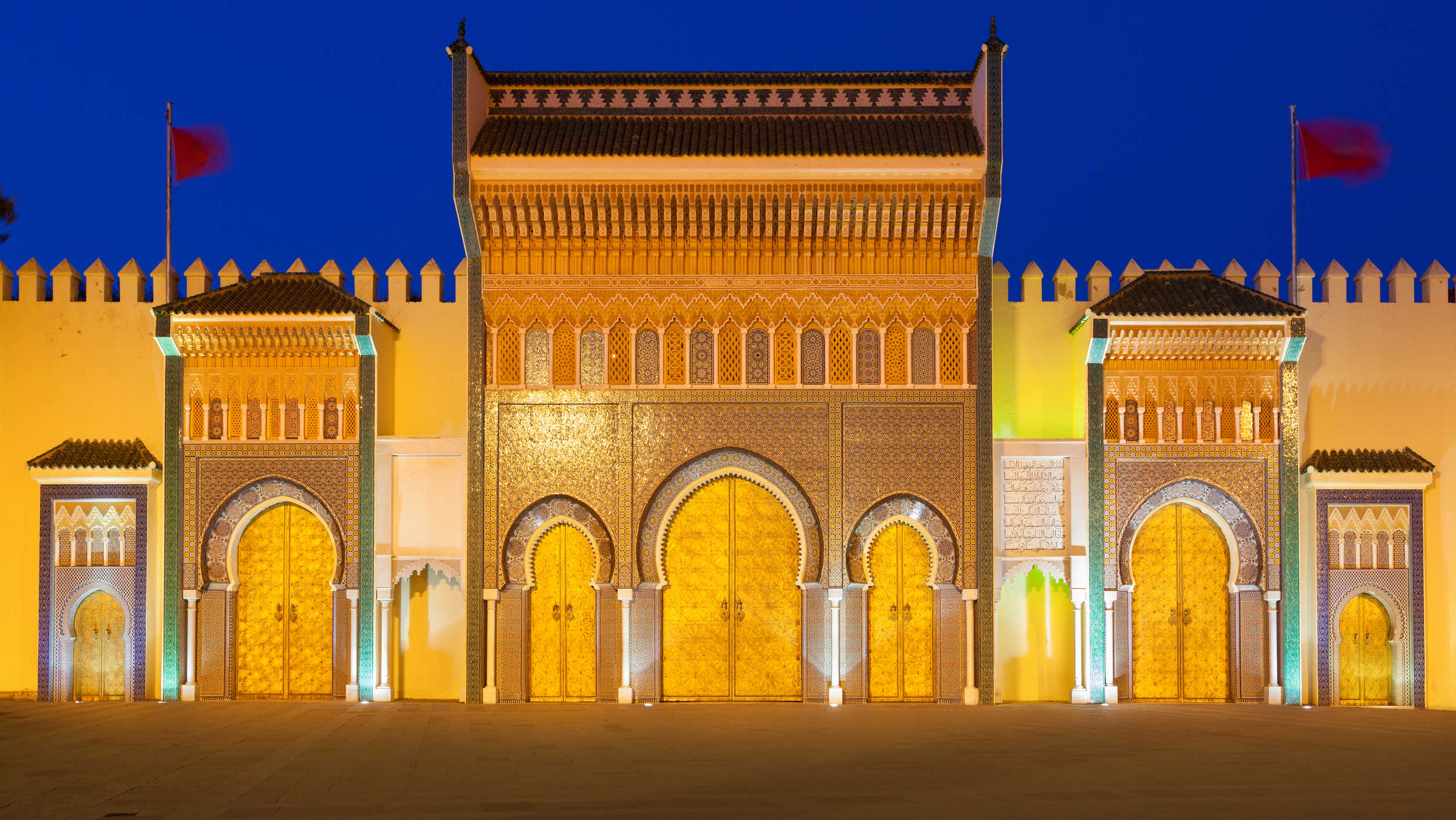 Constitutional Framework:
Constitutional Framework:
At the core of Morocco's political system lies its constitutional monarchy, where the Sovereign serves as the head of state with executive powers, while democratic principles guide the functioning of government institutions. The constitution, promulgated in 2011, establishes a framework for a multi-party parliamentary system, ensuring separation of powers and protection of fundamental rights. It enshrines principles of democracy, rule of law, and respect for human dignity, laying the foundation for a participatory and inclusive governance structure.
Democratic Institutions:
Morocco's democratic institutions include the bicameral Parliament, consisting of the House of Representatives and the House of Councilors, which are elected through for five year and six years terms respectively.
The Parliament plays a crucial role in legislative processes, oversight of the executive branch, and representing the interests of citizens. Additionally, political parties, trade unions, and civil society organizations contribute to the democratic process by promoting citizen engagement, advocating for policy reforms, and ensuring government accountability.
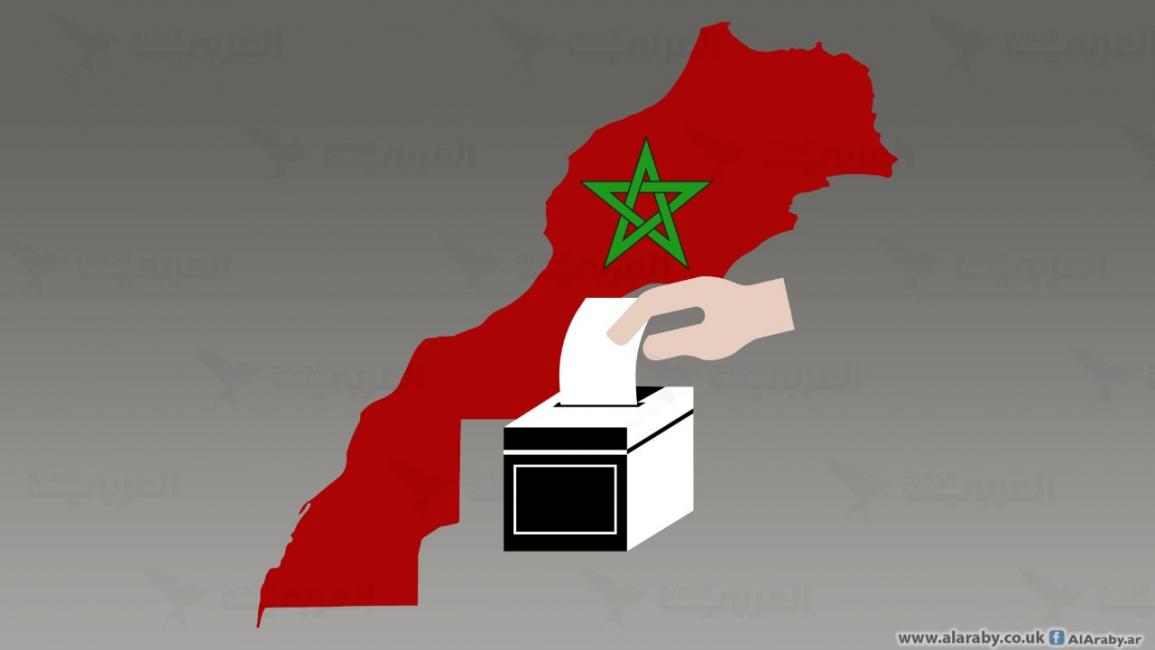 Electoral Processes:
Electoral Processes:
Elections in Morocco are conducted regularly, allowing citizens to exercise their right to vote and participate in shaping the country's political landscape. Electoral processes are governed by laws and regulations aimed at ensuring transparency, fairness, and integrity. The Electoral Commission oversees electoral procedures, and independent observers monitor the conduct of elections to uphold democratic standards.
Citizen Rights:
Morocco recognizes the rights of its citizens, including those residing abroad, to participate in political processes, express their opinions, and advocate for their interests. The constitution guarantees fundamental rights such as freedom of expression, assembly, and association, fostering a vibrant civil society and enabling citizens to actively engage in public affairs. Moreover, efforts are made to protect the rights of Moroccans living abroad, ensuring their inclusion in national decision-making processes and preserving their cultural identity.
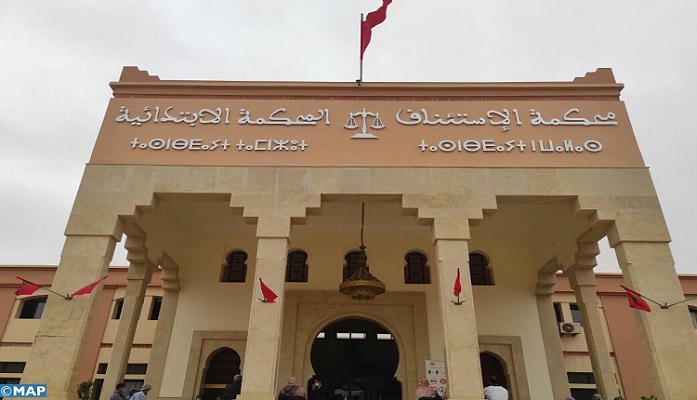 Independence of the Judiciary:
Independence of the Judiciary:
The judiciary in Morocco operates independently from the legislative and executive branches, safeguarded by His Majesty the King. Judges cannot be dismissed or influenced arbitrarily, and any attempt to interfere with judicial proceedings is prohibited.
Moroccan judges uphold impartiality and independence, with deviations considered serious professional errors, and they also enjoy freedom of expression within ethical boundaries and may belong to professional associations. Public prosecutors also adhere to the law and written legal instructions.
The Supreme Council of the Judicial Power oversees judicial guarantees and issues reports on the judiciary's status, offering opinions on judicial administration when requested. Its decisions may be appealed for abuse of power. Chaired by His Majesty the King, the council includes judicial representatives and individuals selected for their dedication to judicial independence.
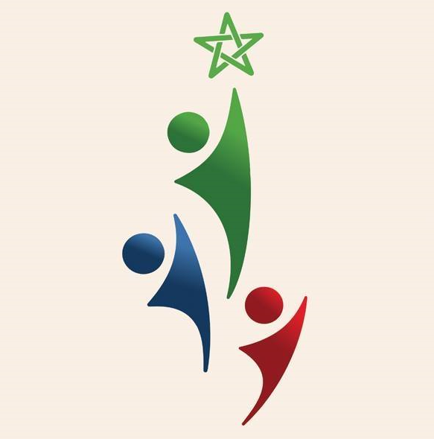 Civil Society:
Civil Society:
Moroccan civil society is considered a key partner in open government initiatives, given its pivotal role in setting priorities, mobilizing, and advocating. This space aims to enhance the role of non-governmental actors in open government initiatives. It serves as a platform for raising awareness and engaging with citizens and non-governmental organizations through various channels of listening, comprehensive dialogue, and ongoing interaction.
The civil society space is open to all associations interested in open government topics (transparency, citizen participation, integrity, and accountability). Member associations of the civil society space can participate in thematic or territorial working groups to enhance thinking and collaboration in areas related to open government.
Embassy of the Kingdom of Morocco in Washington DC
+1 (202) 462-79793508 International Dr NW, Washington, DC 20008
Consulate Section in Washington DC
+1 (202) 499-10501211 Connecticut Ave NW #312, Washington, DC 20036
Consulate General in New York
+1 (212) 758-262555 Broadway, New York, NY 10006

 Menu
Menu